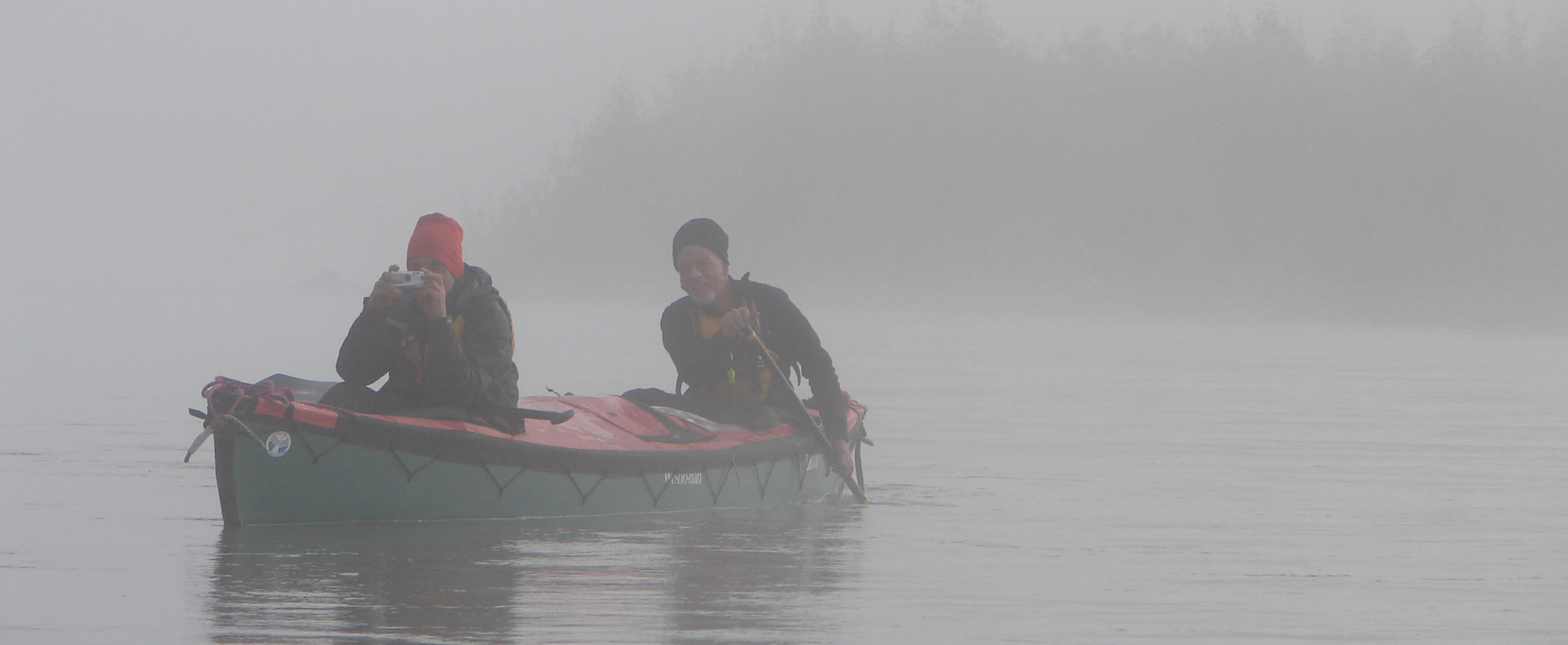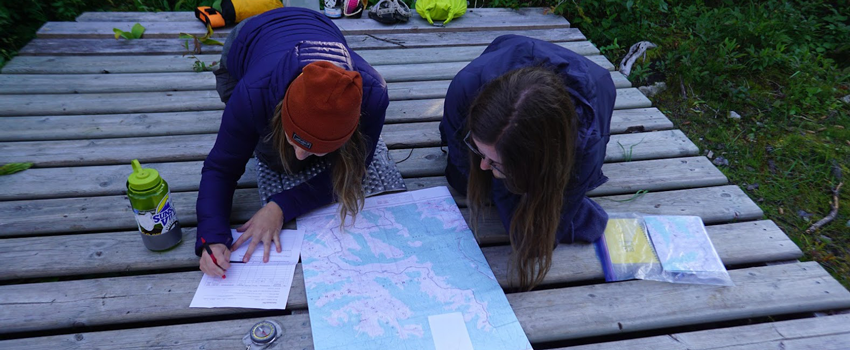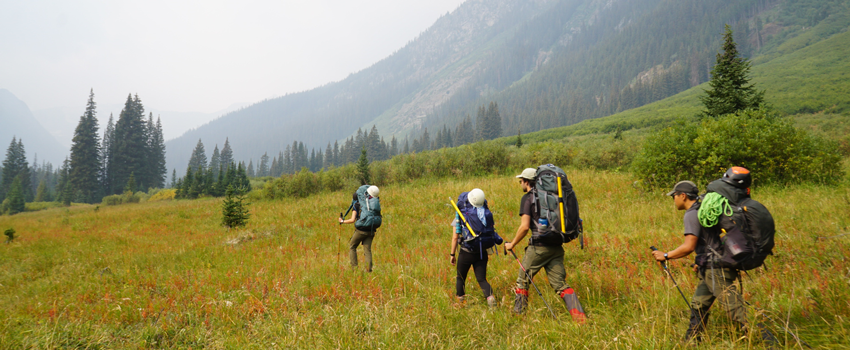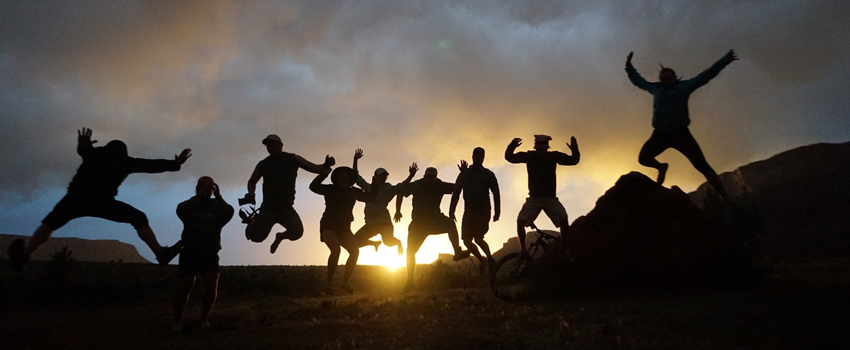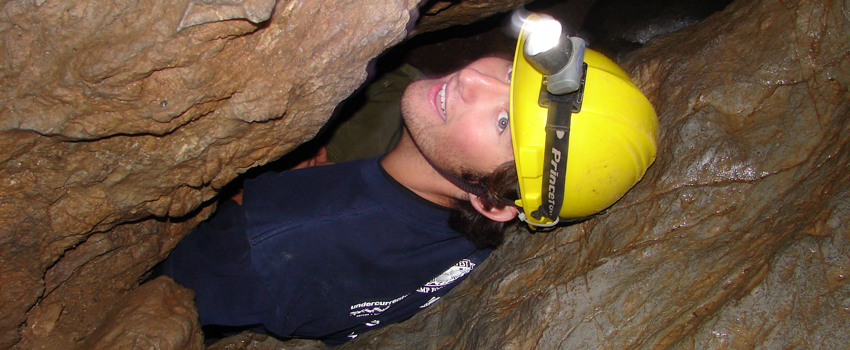Students in the Ecotourism and Outdoor Leadership major are required to complete two practicums over the course of the degree. The practicum is designed to intentionally introduce students to the fields of eco and nature-based tourism, environmental education, and the led outdoor activity sectors. These opportunities are extremely valuable to students as it showcases potential areas of future employment.
The first practicum (HPED 2050 — Professional Practice) involves two components. The first requires students to gain knowledge on professionalism, ethical behaviour, business practice, communication, conflict management and confidentiality. The second component is a 52-hour unpaid practical shadowing and observation experience. Students have the opportunity to select a practicum agency that is of interest to them.
The second practicum (HPED 3050 — Practicum) is a formal industry experience with an approved organization. Such organizations may include opportunities in the field of; health, sport and recreation. The 160-hour unpaid practicum is a hands-on experience. Students are expected to be engaged, active learners as they work and collaborate with community partners.
- Click here for information on the Canadian Queen Elizabeth II Diamond Jubilee Scholarships
Throughout each year of the four-year program, experiential learning components in- and outside the classroom allows you to put classroom theory into practice to gain the valuable skills that will support them later on in their careers. The practicum experience further builds and enhances student learning.
Your choice of work placement must be related to ecotourism and outdoor leadership. It is very important to select a practicum experience that will be meaningful to you and contribute to your learning and professional development. We recommend choosing an organization that is dynamic and challenging to make the most of the experience.
Students may need to obtain a Police Information Check and Vulnerable Sector Search order to finalize a placement with an agency that works with children, youth or vulnerable populations.



